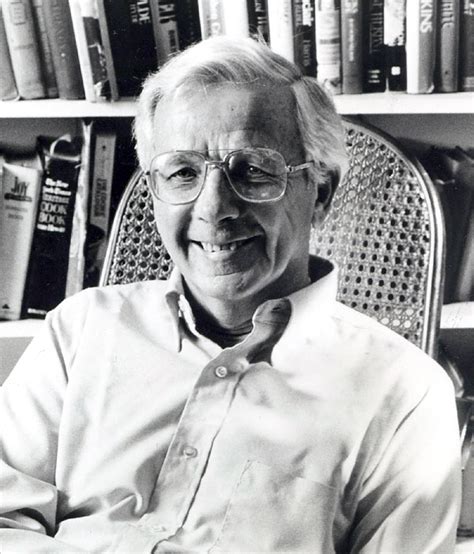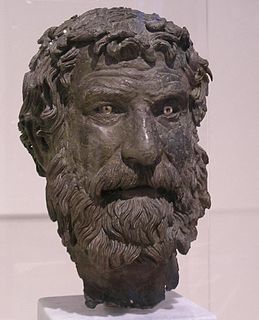A Quote by Nicholas D. Kristof
There are ten times as many sex slaves transported around the globe today as agrarian slaves were transported in the 1790s.
Related Quotes
One of the things I recognized early on, doing whatever studies of black history I have, is that even though black folks were transported as slaves, into servitude, when they were carried out of Africa they left empty-handed, but they didn't leave empty-headed. They carried with them the culture they knew, the culture they had, and that culture reconstituted itself in all the places they went.
We are slaves, all of us...Some are slaves to fear. Others are slaves to reason—or base desire. It is our lot to be slaves...and the question must be to what shall we owe our indenture? Will it be to truth or to falsehood, hope or despair, light or darkness? I choose to serve the light, even though that bondage often lies in darkness.
Slavery as an institution that degraded man to a thing has never died out. In some periods of history it has flourished: many civilizations have climbed to power and glory on the backs of slaves. In other times slaves have dwindled in number and economic importance. But never has slavery disappeared.
In early times, the great majority of the male sex were slaves, as well as the whole of the female. And many ages elapsed, some of them ages of high cultivation, before any thinker was bold enough to question the rightfulness, and the absolute social necessity, either of the one slavery or of the other.
It's always intrigued me that amidst the group called slaves there were individuals who were extremely able, who were extremely colorful, who were powerful personalities, who by no means fit the usual images of slaves. They were people who, through their personalities and abilities, were very respected in the community where they lived by both black and white.

































